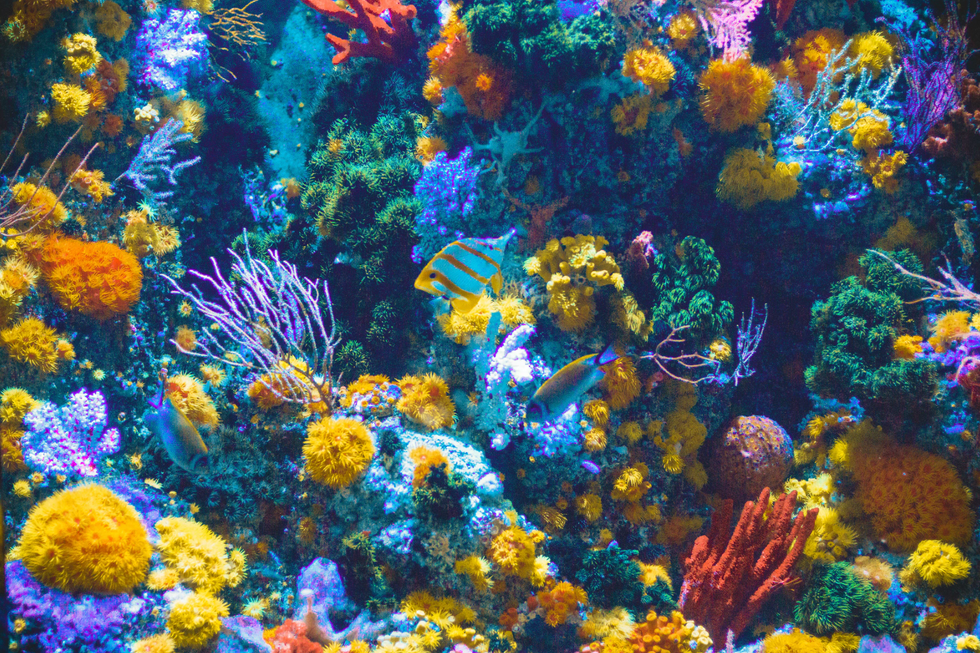It's that time of year again — summer. The time, where if you're lucky enough and you live close you flock to the beaches. You slather on that sunscreen for protection, but did you know that while it may be protecting you from dangerous sun rays, its harming something else.
The Coral Reefs.
A chemical found in sunscreen may be contributing to the destruction of coral reefs as swimmers that are just trying to protect their skin are unknowingly harming coral reefs.
New research from the journal Archives of Environmental Contamination and Toxicology, found that a chemical called oxybenzone has toxic effects on young coral that causes endocrine disruption, DNA damage, and death of coral, among other the problems.
Oxybenzone is a pale yellow solid that is soluble in most organic solvents. It absorbs at lower energies than many aromatic molecules. Oxybenzone is used in many plastics as an ultraviolet light absorber and stabilizer and can be found in many other products such as the sunscreen (that is harming the coral reefs), hairsprays and other cosmetics because it along with other benzophenones help prevent damage from sun exposure.
So what is the problem and how is it related to the coral reefs?
One of the major problems it causes is the bleaching of coral, which is when the coral expels the algae (zooxanthellae) that are living in the tissues and in turn causes the coral to turn completely white. However, the coral isn't dead. It can survive the bleaching event, it just becomes under more stress and more subject to mortality.
At the moment between 4,000 and 6,000 tons of sunscreen enter the coral reef areas around the world each year. This is a lot considering it doesn't take much to reach toxic effects. It has become a significant ecological threat.
Currently, there are no completely "reef-friendly" sunscreens, there are some with titanium oxide or zinc oxide, which are natural mineral ingredients, have not been found harmful to corals.
On the flip side, this does not mean that you should not wear sunscreen to protect yourself from many things such as skin cancer. But instead, consider what sunscreen you are using before going into the ocean.
Sunscreen isn't the only the only threat to our oceans either. More than 60% of coral reefs are at a risk of being impacted not only by the oxybenzone in the sunscreen but by other factors such as climate change, overfishing, disease, and marine pollutants.
Coral reefs play an important role in our ecosystem. They serve as local economies through tourism and fishing. They also protect the global environment by being carbon sinks and absorbing carbon dioxide (CO2
) that could otherwise contribute to global warming.
















